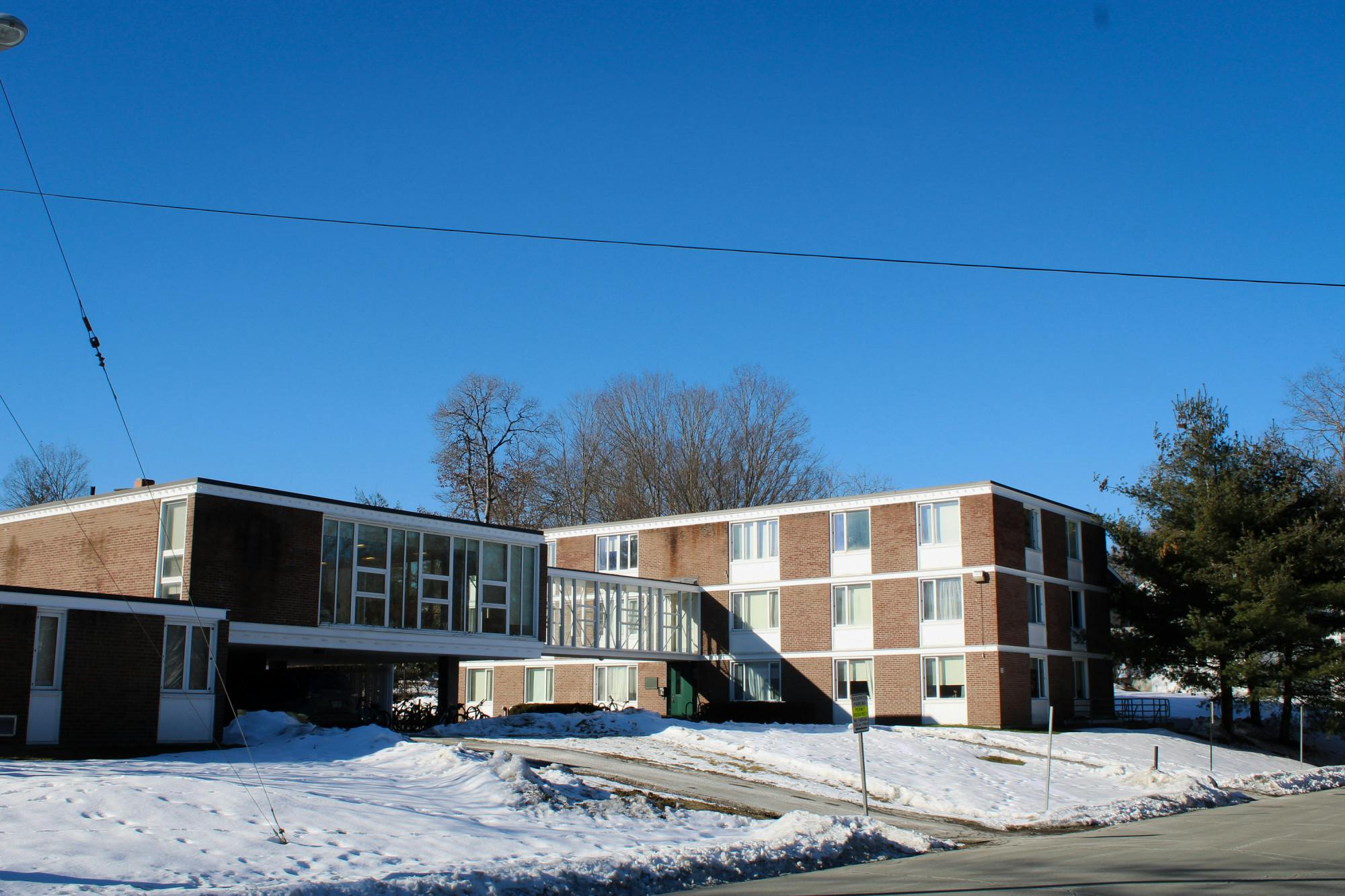On Jan. 25, Dartmouth Undergraduate Advisors, organizing under the Student Worker Collective at Dartmouth, released an open letter to College administration declaring their intent to unionize and negotiate. The letter outlined demands including an improved compensation model, consistent and comprehensive training, increased transparency from administration about hiring and better communication from Residential Communities and assistant directors.
SWCD member Roan Wade ’25 said that UGAs do not receive enough support from the College for their work.
“UGAs often have to deal with the frontline, immediate results of sexual violence on campus,” Wade said. “There is not much support or advice given from the College. It becomes even more imperative that UGAs are unionized, so the union can help ensure that they do have access to the resources they need.”
According to UGA Gwendolyn Roland ’25, the unionization effort was driven by feelings of frustration among UGAs regarding not having adequate support considering the “24-hour” nature of their work.
“UGAs end up dealing with a lot of issues that Dartmouth is not very good at dealing with, without necessary resources, support or compensation,” Roland said. “It’s emotional labor, which is very hard, almost impossible, to quantify, but that doesn’t mean it shouldn’t be compensated.”
Hosaena Tilahun ’25 said that her UGA training was two weeks long and took place from “8 a.m. to sometimes 7 or 8 p.m.”
“I realized that we do a lot of team bonding activities, but when it came to training specific to sexual health crises, reproductive justice questions and on top of that, just mental health training, we only received maybe one or two days, and it felt very rushed,” Tilahun said.
Sohini Mandal ’26 said that the College needs a better compensation model for UGAs — one that provides housing and does not interfere with financial aid packages.
“Not worrying about where you’re living and how you’re eating, I think, is vital to being able to provide this emotional labor that they want from us,” Mandal said.
She added that Dartmouth is one of the only colleges that does not provide free housing for UGAs. According to Mandal, this puts UGAs in a difficult position because they could likely find somewhere cheaper to live but are required to live on campus as part of the job.
The unionization attempt was “a long time coming,” according to Mandal.
She also noted that discussions about unionization had been occurring since her sister, who was a member of the Class of 2021, was a UGA at Dartmouth.
“It is work built on the shoulders of generations of Dartmouth students,” Mandal said.
Dara Casey ’25 said that the SWCD’s strides in unionization — which resulted in a $21 minimum wage for Dartmouth Dining workers and a $16.25 minimum wage for all campus jobs — spurred more direct action among UGAs over the past year.
“It was a really big deal,” Casey said. “It just made that much more sense to do on-campus jobs.”
According to Tilahun, the UGAs’ open letter was sent to the Office of the President and the Office of Residential Life. The College did not respond to the letter by time of publication.
Casey expressed hope for the College’s cooperation, citing that many peer institutions provide higher wages and free housing to their resident assistants.
“I’m curious since this is a new administration,” Casey said. “They usually try to keep things the same within the Ivy League — tuition costs, financial aid — so it’s reasonable to expect this to also be the same.”
Wade said that the lack of response from the administration was “unsurprising” and “anticipated.”
Under Beilock’s presidency at Barnard College, a similar struggle for Resident Advisor unionization in fall 2022 was not voluntarily recognized by Barnard, despite a protest march of “over 200 RAs, students and supporters.” Under Beilock’s administration, Barnard fired Dr. Georgette Fleischer, a leader of RA organization and negotiation efforts, who had been teaching in the First-Year Foundation program at Barnard for over 17 years.
Dartmouth media relations specialist Jana Barnello declined a request for comment. Representatives from the Office of Residential Life did not respond to multiple requests for comment by the time of publication.
On Dec. 14, the New Hampshire State Senate introduced NH SB517, which defines the services provided by resident assistants as “extracurricular,” which would prevent them from being recognized as employees.
Tilahun said that she sees SB517 as a response to ongoing unionization efforts that have been occurring on campus.
“We haven’t heard anything directly from Dartmouth,” Tilahun said. “But it’s very telling that our state senators are moving this quickly to dampen the collective organizing efforts that we’re starting on this campus, across the state and across the nation.”
The legal delegitimization of resident assistants as employees has prompted “fear” among UGAs, said Mandal.
“It speaks to the broader trend of globally devaluing care labor,” Mandal said. “When labor is provided that’s caring, and that deals with the wellbeing and the livelihoods of community members and peers, it’s essentially seen as not actual labor, not worthy of recognition — whether that’s monetarily or even legally. This transcends the College; this transcends New Hampshire. But, at the same time, you see it very tangibly in these really local contexts.”
An email sent by the SWCD to all UGAs, which The Dartmouth obtained, detailed the potential timeline for the unionization process. UGAs will first have to sign a union authorization card to “indicate [their] desire to be represented by the union.” After the National Labor Relations Board certifies the cards, an election would take place early in the spring term, securing the union the legal right to be represented by the SWCD, according to the email.
“Every student and every person on this campus stands to benefit from collective organizing through the SWCD or through coalition,” Wade said.




